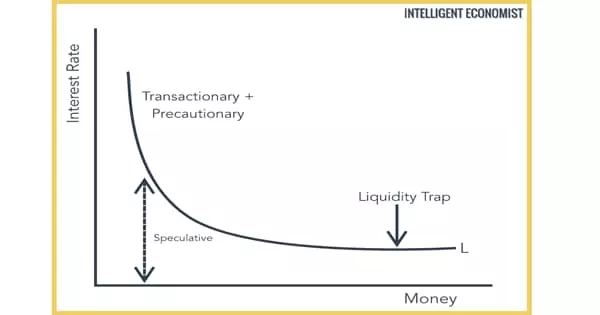Climate governance refers to the system of institutions, laws, policies, and agreements aimed at addressing climate change and mitigating its impacts. This includes global, national, and local level initiatives aimed at reducing greenhouse gas emissions and adapting to the impacts of climate change. Examples include the United Nations Framework Convention on Climate Change (UNFCCC) and the Paris Agreement, as well as individual countries’ climate action plans and carbon pricing schemes.
It refers to the system of institutions, laws, policies, and programs that are established to address the challenges posed by climate change. It encompasses the various mechanisms and actors, both domestically and internationally, that work together to mitigate and adapt to the impacts of climate change. The main aim of climate governance is to reduce greenhouse gas emissions, enhance resilience to the impacts of climate change, and promote sustainable development.
Climate governance is the diplomacy, mechanisms, and response measures “aimed at steering social systems toward preventing, mitigating, or adapting to the risks posed by climate change” in political ecology and environmental policy. The wide range of political and social science traditions (including comparative politics, political economy, and multilevel governance) involved in conceiving and analyzing climate governance at various levels and across different arenas complicates a definitive interpretation. Climate governance has become an academic concern for geographers, anthropologists, economists, and business studies scholars.
Climate governance, or the effective management of the global climate system, is thus critical. Building effective collective mechanisms to govern impacts on the global climate system, on the other hand, presents unique challenges, such as the complexity of the relevant science and the progressive refinement of scientific knowledge about our global climate and planetary systems, as well as the challenge of communicating this knowledge to the general public and policymakers.
It encompasses the legal, policy, institutional and economic frameworks that aim to reduce greenhouse gas emissions, enhance resilience to climate impacts and facilitate a transition to a low-carbon, sustainable future. Key areas of focus include mitigation, adaptation, finance, technology transfer and capacity building.
There is also the issue of urgency; the Intergovernmental Panel on Climate Change (IPCC) has stated that the international community has a limited window of opportunity to act in order to keep global temperature rise at safe levels. Mitigation, adaptation, and means of implementation are the three pillars of modern international climate governance. Many issues and policies are addressed in each pillar, demonstrating the various ways in which climate change affects society.
















